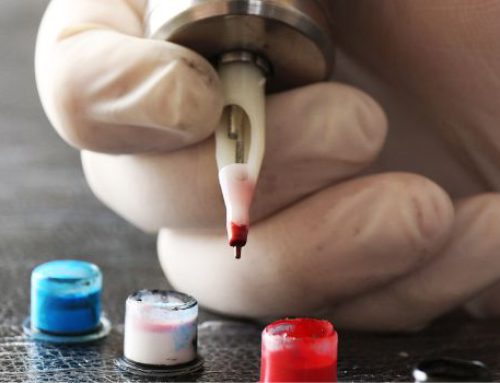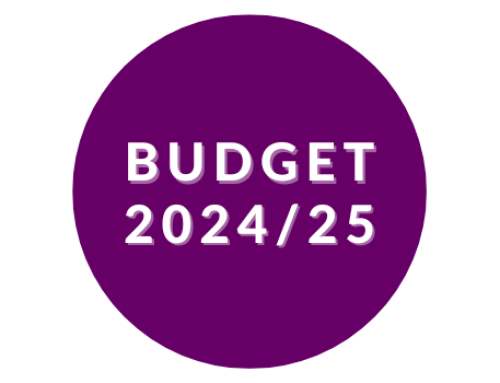A green and black sticker bearing a large number 5 is a good indicator that the restaurant or food business in which it is displayed knows about, and takes seriously, the important matter of food hygiene.
Anybody who enjoys eating out – or getting a take-away in – should know that the Food Hygiene Rating Scheme (FHRS) makes a real difference in helping make a good choice. When choosing somewhere to eat for family and friends, it’s good to know that the business knows what’s what when it comes to food hygiene.
Keen to get the message across – and to convince food establishments of the value of prominently displaying their food hygiene rating – Croydon Council’s food safety team is backing the Food Standards Agency’s Where’s the sticker? campaign, starting on 8 February.
It’s much harder to change your mind once you’ve gone inside and sat down. And nobody likes unpleasant surprises when eating out, nor the social embarrassment of learning that the food business has poor food hygiene standards with a rating of only 0 (urgent improvement necessary), 1 (major improvement necessary), or 2 (improvement necessary).
Checking the rating first is one of the little things diners should do for peace of mind and to help keep their loved ones safe.
The rating gives an insight into the parts of the business that often can’t be readily seen, such as the kitchen and storage areas, and means an informed choice about where to eat can be made, leaving you to concentrate on the other things that make for an enjoyable meal.
Check for the food hygiene rating first – simply look for the green and black rating sticker on the window or door and, if you don’t see one, ask: “where’s the sticker?”.
What is the Food Hygiene Rating Scheme?
The FHRS provides information about the food hygiene standards found by local authority food safety officers when they inspect food outlets to check that food hygiene laws – designed to protect people’s health – are being met.
If the green and black sticker isn’t displayed – and displaying it is not a legal requirement – simply ask, or check it online at http://ratings.food.gov.uk/
Poor hygiene standards do not have to be tolerated or accepted. If the rating sticker is not on display, what does that say about the business? Make sure the place you choose is taking food hygiene seriously. There is ratings information online for more than 440,000 food businesses, and with more than 93% having a rating of 3, 4 or 5 there’s plenty of choice.
It’s good for business, too.
Any food business, no matter how small, can achieve a top FHRS rating of 5 (very good). A good rating is something to be proud of, so stickers should be displayed, telling potential customers that the business takes food hygiene seriously. It also means that the potential customer does not assume that there is something to hide.
Many businesses that are already displaying their rating say it has made a difference by improved reputation, increased customer confidence and an upturn in customer numbers.
The FHRS campaign encourages people, when eating out or buying food, to look for the green and black rating sticker and have peace of mind that they are making a responsible choice in keeping their family and friends safe.
Ratings can be used in other ways to help improve business, such as including it on promotional materials like menus or advertising leaflets. More information is available at www.food.gov.uk/business-industry/caterers/hygieneratings/toolkit
 Councillor Mark Watson, cabinet member for communities, safety and justice
Councillor Mark Watson, cabinet member for communities, safety and justice
“This is a really worthwhile campaign that, as well as helping diners make an informed choice about selecting somewhere to eat, can be beneficial to food businesses, boosting their customer base and enhancing their reputation.
“When restaurants, take-aways and other food businesses realise that improved food hygiene leads to a higher food safety rating, and then to more customers choosing to eat at their establishments, we’ll see a widespread improvement in food safety practice and fewer prosecutions of businesses that patently have little regard for the health and safety of their clientele.”





























